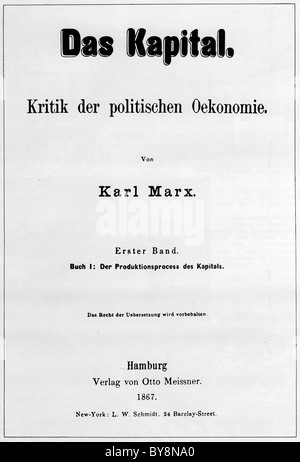
(1844), Economic and Philosophic Manuscripts of 1844 (trans. Martin Milligan and Barbara Ruhemann), in Karl Marx and Frederick Engels, Collected Works, Volume III (New York: International Publishers, 1975).

(1843), Contribution to the Critique of Hegel’s Philosophy of Law: Introduction (trans. Martin Nicolaus) (Harmondsworth: Penguin/NLB, 1973). Macpherson (Indianapolis: Hackett, 1980). Locke, John (1690), Second Treatise of Government, ed. Lebowitz, Michael (1992), Beyond Capital: Marx’s Political Economy of the Working Class (London: Macmillan). Nidditch (Oxford: Clarendon Press, 1989). Hume, David (1739–40), A Treatise of Human Nature, ed. Eric Mathews) (New York: Columbia University Press).Ĭampbell, Martha (1997), Marx’s Theory of Money: A Defense, in F. Campbell (eds 1997).Īrthur, Christopher and Reuten, Geert (eds) (1998), The Circulation of Capital: Essays on Volume II of Marx’s ‘Capital’ (London/New York: Macmillan/St Martin’s Press).īubner, Ruediger (1988), Logic and Capital: On the Method of a ‘Critique of Political Economy’, in Essays in Hermeneutics and Critical Theory (trans. This process is experimental and the keywords may be updated as the learning algorithm improves.Īrthur, Christopher (1997), Against the Logical-Historical Method: Dialectical Derivation versus Linear Logic, in F. These keywords were added by machine and not by the authors.

The title ‘The Trinity Formula’ drives home Marx’s master theme that capitalism is the secular epitome of Christianity’s ‘cult of man in the abstract’ (Marx, 1967: 172). To reveal capitalism to be a historically specific mode of production whose contradictory dynamics point towards its eventually giving way to a historically new mode of production.Īs such, the chapter sheds a great deal of light on Marx’s purposes and accomplishments in Capital and on the structure of his exposition.

To show how capitalist social forms naturally exude ideological representations and

To examine and critically evaluate representations and theories of capitalism To reveal that the social egalitarianism of capitalist society harbours class domination To expose capitalist society, in its enlightened secularism, to be idolatrous and fetishistic To present and examine in the form of a systematic dialectic the social forms constitutive of the capitalist order, beginning with the (generalized) commodity 1 This unfinished chapter rounds out Marx’s six-fold project in Capital: Capital reaches its consummation in ‘The Trinity Formula’, the chapter that opens the seventh, and concluding, part of Volume III.


 0 kommentar(er)
0 kommentar(er)
